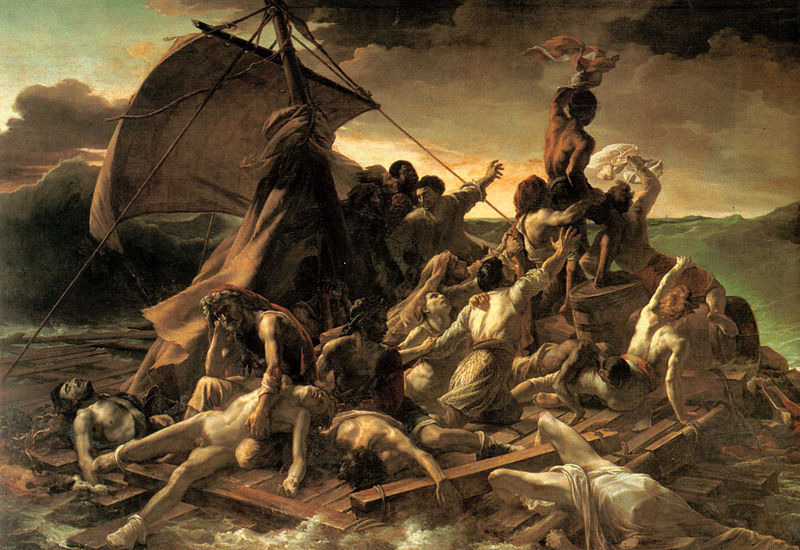 |
Winds Around You ©2012 Katherine Kean
oil on linen 30 x 30 inches
|
“Creation is not capricious or random addition; it is intelligent and selective subtraction.” The God Theory: Universes, Zero-Point Fields, and What's Behind It All, Bernard Haisch
I’ve always thought of the act of creating something as making something from nothing. As in, there’s a blank canvas in front of you and you fill it up with paint to make a painting. While reading Bernard Haisch's,
The God Theory, which examines the intersection of science and spirituality, I’ve learned a new way to look at creating that makes a lot of sense.
Creating is about filtering and selecting from everything.
Our brains constantly filter information, and it’s a good thing, because otherwise there would be so many sensations and associations that it would be overwhelming to experience. So, through life we learn to sort out and filter out whatever we perceive as not important.
The act of creating takes the filtered bits and brings parts of them together, allowing for new associations and fresh perceptions, although nothing new is really made. It just seems that way because the new format lets us experience it as if we’ve never seen it before.
“The esoteric traditions tell us that creation by subtraction is one of the fundamental truths underlying reality. Put in terms that relate to the God Theory, these traditions teach that creation of the real (the manifest) involves subtraction from infinite potential.”
So it's a about choices and preferences and making selections. An analogy of the process that Haisch uses in his book is of a projector and film; the light of the projection bulb is the source of all that is and the film is the filter that subtracts from the light:
“The white light is thus the source of infinite possibility, and you create the desired image by intelligent subtraction, causing the real to emerge from the possible. By limiting the infinitely possible, you create the finitely real.”
Pretty cool to think about, isn't it?
"You cannot experience yourself as what you are until you encounter what you are not.”









